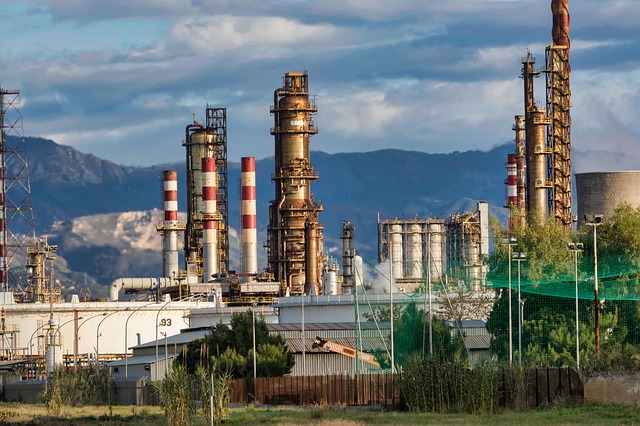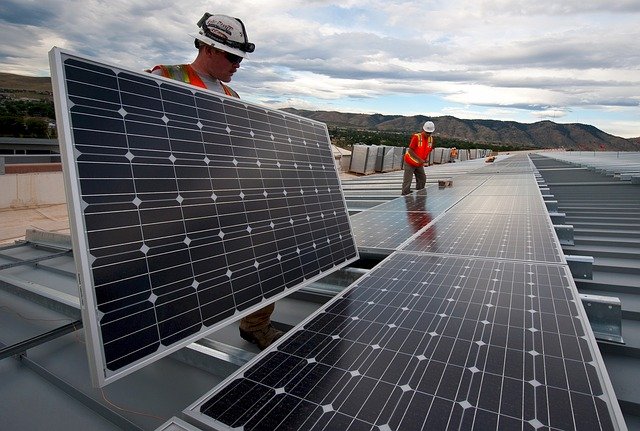The oil market is in turmoil.
In addition to decreased demand due to the spread of Coronavirus, Saudi Arabia and Russia failed to reach an agreement regarding a reduction in oil production. Saudi Arabia has decided to go ahead and increase its oil production, which caused a sharp drop in the oil price to less than 20 USD per barrel. For oil importers, it is certainly preferable that the price of oil has fallen, but for oil exporting countries, it has a huge economic impact and will inevitably lead to political instability.
To understand the context, there are several important points to note:
- Originally, crude oil prices hovered around 20 USD per barrel from the 80s to the year 2000, and since 2000, there has been an oil bubble due to high demand from the emerging economies;
- The oil producing nations set their finances based on this oil bubble;
- The West Texas Intermediate (WTI) is a small market that is vulnerable to large monetary trade; in other words, it is a highly volatile market; and
- New competitors to conventional oil have emerged, such as shale oil, shale gas, and renewable energies.
 On the first and second points, it is obvious from time-series charts that the increase in crude oil price between 2000 and 2010 was a speculative oil bubble. What makes things complicated is that oil producers have assumed that the crude oil price level would remain at this level and thus have based their national finances on this. Borrowing 2014 Pictet data, though a little outdated, the cash cost to produce a barrel of oil in Saudi Arabia was 7 USD, however, balancing its national budget would require an oil price of 90 USD per barrel. In Venezuela, the fiscal breakeven is as high as 160 USD per barrel, and it is obvious that fiscal laxity of this level is not viable, which is why the country is now suffering from hyperinflation.
On the first and second points, it is obvious from time-series charts that the increase in crude oil price between 2000 and 2010 was a speculative oil bubble. What makes things complicated is that oil producers have assumed that the crude oil price level would remain at this level and thus have based their national finances on this. Borrowing 2014 Pictet data, though a little outdated, the cash cost to produce a barrel of oil in Saudi Arabia was 7 USD, however, balancing its national budget would require an oil price of 90 USD per barrel. In Venezuela, the fiscal breakeven is as high as 160 USD per barrel, and it is obvious that fiscal laxity of this level is not viable, which is why the country is now suffering from hyperinflation.
Most recently, Russian President Vladimir Putin stated that OPEC and the US need to coordinate oil cuts. This indicates that the current oil price is not viable for the Russian economy, either. While Saudi Arabia, led by Crown Prince Mohammed bin Salman, is investing in decreasing its oil dependency, most oil producing countries are still relying on oil as their “money-making” industry. Therefore, it would not be easy for them to shift their dependency onto another industry. Low oil prices will have a devastating impact on the economies of oil producing countries, causing high political instability. Such impact is not only their concern but also of the surrounding nations, as we live in a global society.
It is also important to realize that crude oil is no longer irreplaceable; there are alternative energy sources. Specifically, the shale revolution in the US as well as recent development in renewable energy technology has considerably impacted the oil dependent structure, even though the dependency is still substantial. The productivity of shale oil and gas is improving and has the potential to further increase. In terms of renewable energy, there are several sources, such as solar and wind, that have become viable as stand-alone businesses.

This ongoing transition from oil dependency will have enormous political impact. Originally, the motivation for the US to intervene in the Middle East and build a close relationship with Saudi Arabia was to secure oil. Nowadays, the US has topped the world in oil production thanks to the shale revolution, and what’s more, has become a net oil exporter. The US is an economic powerhouse, so even if someone attempts to impact the shale business by cutting the crude oil price, shale production will simply recover when crude oil prices bounce back. In other words, the shale revolution has essentially capped the oil price. For the US, there is no need to depend on oil from the Middle East, so there is less incentive to be involved in its political affairs; that is, there is no need to invest in a relationship with other oil producers. This underlying change in politics was already noticeable during the Obama administration, for example, when the US reached an agreement with Iran regarding nuclear development despite Saudi Arabia’s opposition.
Looking back on the long history of energy consumption, it shifted from coal to oil, and then we faced challenges with nuclear energy. Then, shale appeared, and now we are heading towards a renewable energy-based society. Thinking from this perspective, that is, this dynamic energy structure shift, the decrease in oil price is not surprising. What we need to focus on right now is how to best support political stabilization among Middle Eastern countries and Russia, as well as how to best exit the oil dependent economic structure and construct a new society, both Japanese and global, which is driven by the next generation of energy.
